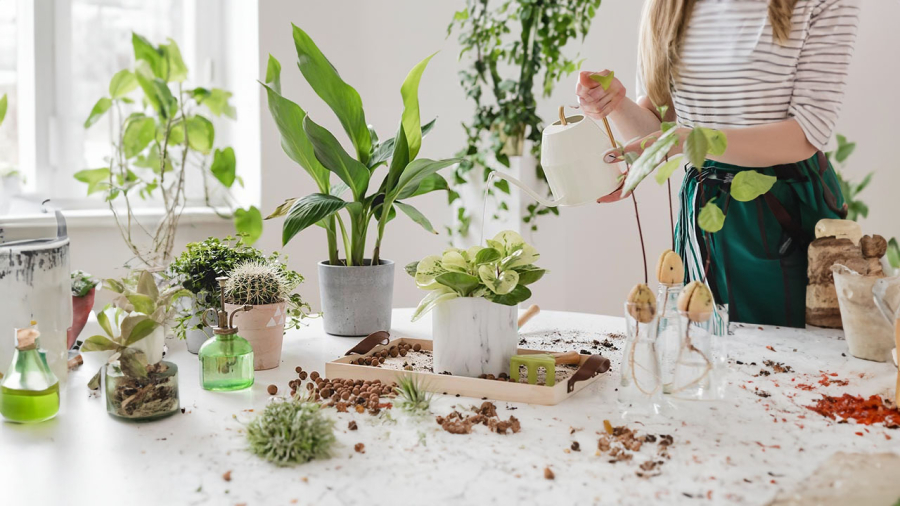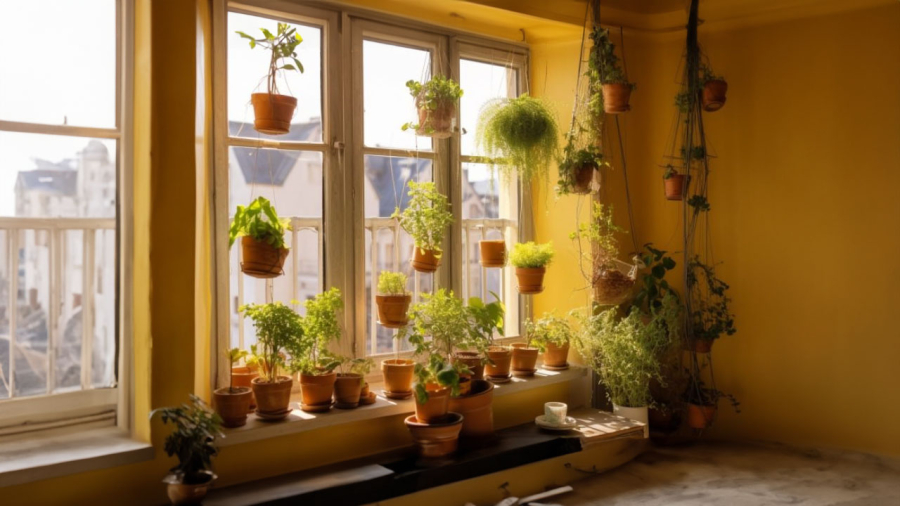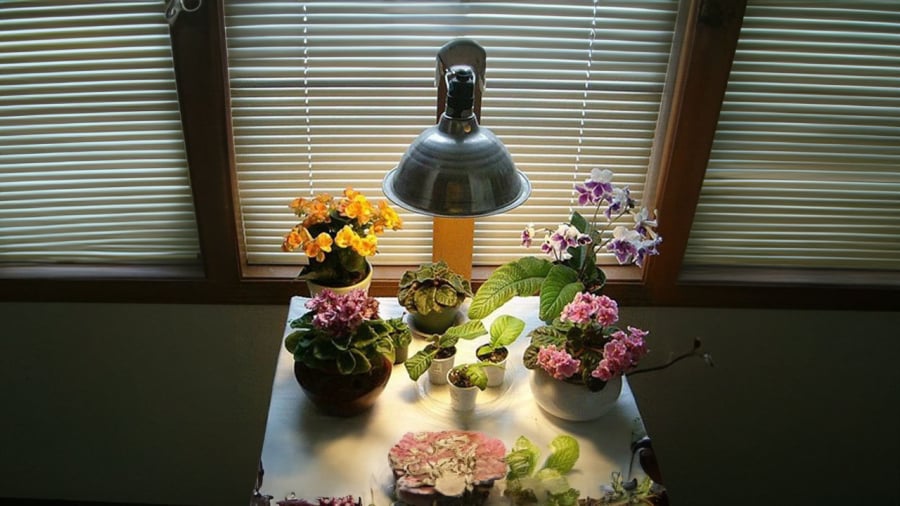When it’s cold, trees still need water. So should you water your plants with cold water or warm water? There are many types of plants that can’t tolerate cold weather, so they are prone to yellowing leaves, root damage, and death during winter. Many plants have many buds, but due to the cold weather, especially when there is dew, the buds become dark and rotten. Therefore, plant lovers need to find ways to keep their plants warm during cold winter days.

Should you water your plants with warm water?
The traditional wisdom is to water plants with slightly warmer water during winter. Our houseplants are no different. So when it’s freezing outside, you should warm up the tap water and then water the plants. However, be careful not to use water that is too warm. The ideal water temperature for plants is around 35 degrees Celsius. Moreover, in winter, you should change the time of day when you water the plants. It is recommended to water them at 3 pm when the weather is warm but not scorching.
During winter days, plants go into a dormant state, so they require less nutrients. You should be especially cautious when applying nitrogen fertilizer because when mixed with water, it can create a cold environment that makes plants susceptible to yellowing leaves or death. In winter, you should also avoid water droplets on leaves as they can make the plant even colder. To provide gentle nourishment, you can use rice water to water your plants.

Bring your plants under a shelter to avoid freezing dew
If you live in an area with freezing dew, it’s best to bring your plants under a shelter to protect them from cold winds. During winter, when it is freezing, it is best to minimize movements. However, if you keep your plants in an area where there is falling dew, you should move them to prevent the leaves from getting wet, as this can cause them to die or turn yellow. If the potted plants are easy to move, you should place them under a canopy, especially at night.
Use plastic wrap to keep the plants warm
For large potted plants that are difficult to move, such as camellias or ficus trees, you can buy plastic wrap to cover them and protect them from dew and cold winds at night. But remember to poke a few holes at the bottom to prevent suffocation.
Use a light bulb to provide artificial warmth
Yellow light bulbs can provide artificial warmth for your plants. Therefore, if the cold weather lasts for a long time and you want your plants to bloom during the Lunar New Year while their growth is slow, you can combine warm water and a light bulb to help them bloom earlier.

Add ashes, rice husks, or coconut fiber to the roots
Burning and collecting ashes or buying rice husks or coconut fiber to add to the plant’s roots is another way to keep your large potted plants moisturized, especially when you can’t move them to a warmer area. The potassium in ashes and rice husks enhances the plant’s resistance and helps maintain a certain temperature for the plant’s roots. In addition, you can use plastic wrap or spiny fabric to wrap around the trunk of the plant to avoid cold temperatures.
Spray vitamin B1 on your plants
During cold winter days with frost and dew, plants can turn yellow and die if exposed to cold dew. You can apply a diluted vitamin B1 solution to your plants to make them more vigorous and prevent yellowing leaves. Vitamin B1 also helps stimulate root growth and increases plant vitality.
Avoid strong movements that shake the pot
If you move large potted plants with loose soil vigorously, you can break their roots, which makes them more susceptible to the cold. Therefore, when moving them, you need to be cautious to avoid root damage.
































